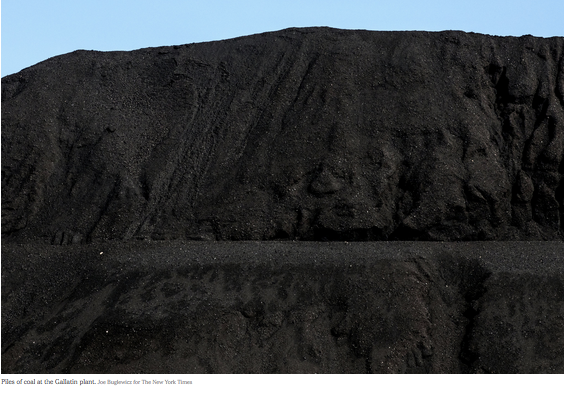“Gallatin is in many ways the worst site we’ve seen,” said Frank Holleman, a senior lawyer with the Southern Environmental Law Center, the nonprofit legal organization that filed the federal lawsuit on behalf of two state conservation groups. The group has filed several other suits claiming environmental harm from improper handling of coal ash in other states.
Mr. Holleman said vigorous federal enforcement of laws governing coal ash disposal was crucial because utilities like the Tennessee Valley Authority, which are responsible for managing coal ash storage, held so much political sway at the state level. He said that support for protecting water supplies from coal ash contamination cut across party lines and that efforts by the Trump administration to curb enforcement would be opposed even by residents who had voted for the president.
“We have to hope and pray that, regardless of any official’s political outlook, they can recognize that coal ash does not wear a political button,” he said.
Officials from the state’s attorney general’s office and Department of Environment and Conservation declined to comment for this article because of the continuing litigation. But in court filings, the state identified at least 10 places where unpermitted and illegal seepage from Gallatin’s coal ash ponds may have occurred, and said the utility’s own reports showed that the groundwater around the site was contaminated with heavy metals at levels exceeding state health standards.
On March 14, the Tennessee Valley Authority filed a motion in state court seeking to have the case dismissed, since, it argued, all seepage from the coal ash ponds is legally permitted by the state.




